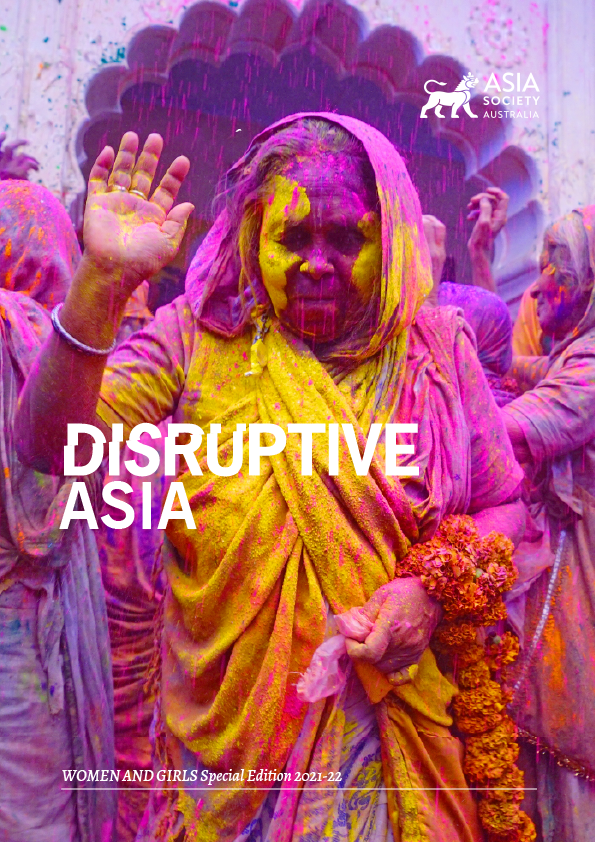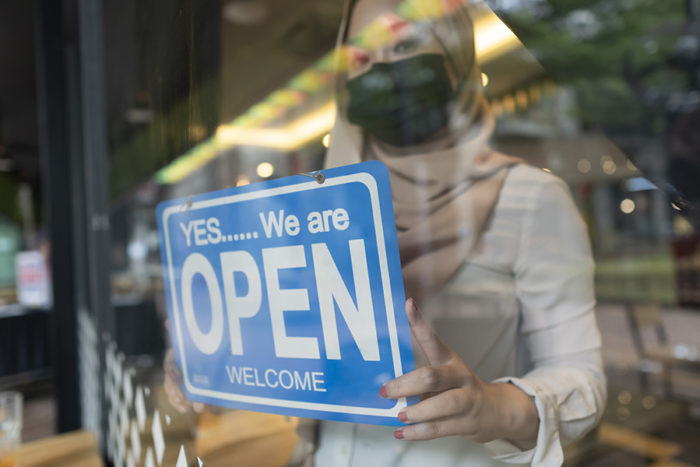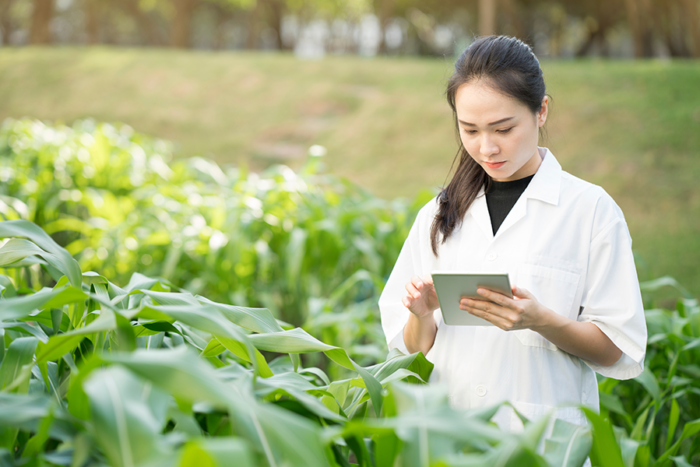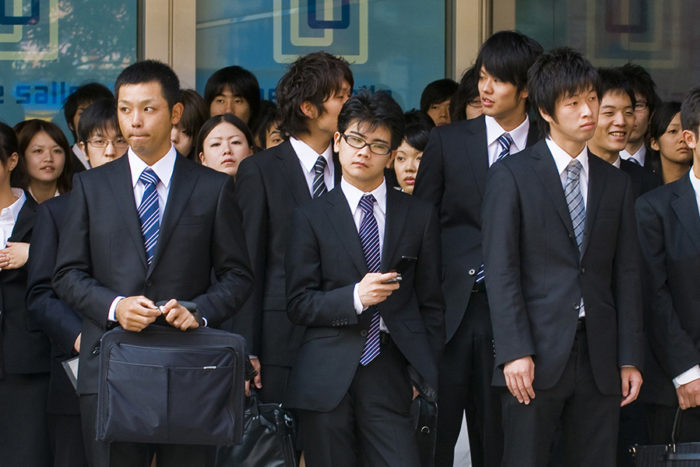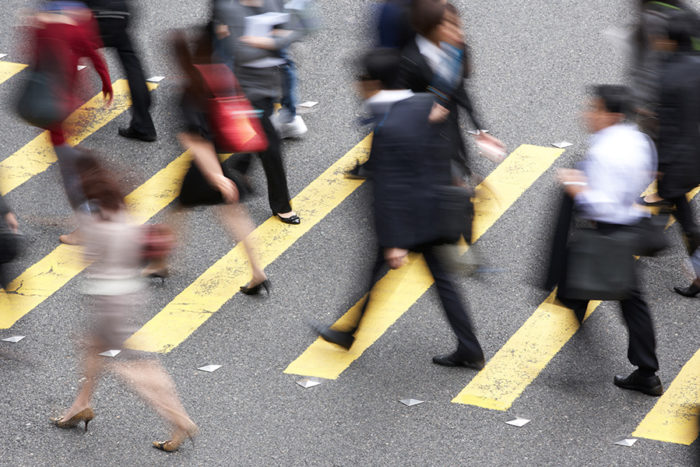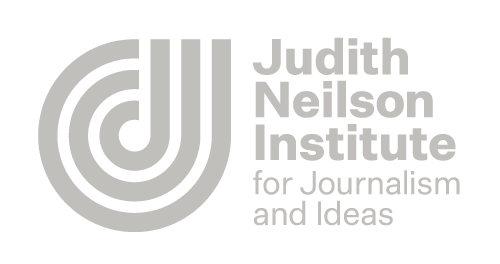From Investment Banking to Ethical Fashion
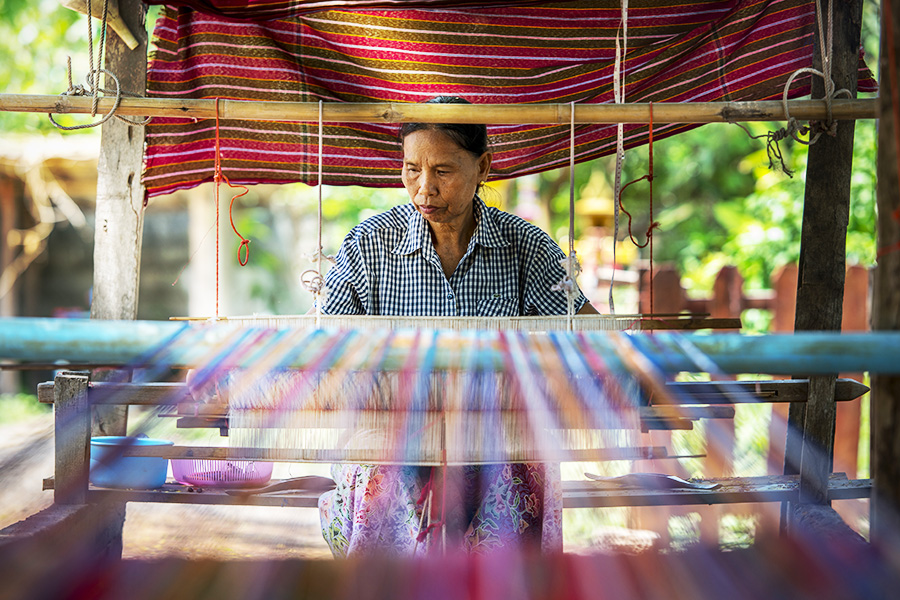
An interview with Sasibai Kimis
“It took a long while for us to build consumer awareness about slow fashion, appreciating hand craftsmanship versus mass fashion products, and to think about the well-being of the people behind the products.”
Q: Why did you decide to create a social enterprise and what issues are you trying to solve?
While I was growing up in Malaysia, we used to go to India over the school breaks to visit my maternal grandma and relatives. One particular time, when I was around eight, my father brought my family to the village where his family was from. I remember holding his hands and walking through the village. I recall an old, bent over lady with little clothes on, who asked my dad for money. He handed her what he had….we were surrounded in a circle by villagers, that moment struck me….the life I have in Malaysia, even if I thought we had a simple life, was far more luxurious than what many around the world have access to.
When I was 16 I visited my grand-uncle in Tamil Nadu in India. He had worked in Malaysia for most of his life to support his family and had returned to India in his old age. We found out that his wife and son, had refused to care for him even after he had worked his whole life to support them. He was said to be living with his daughter. But when we went to his daughter’s home, I saw a beggar lying down outside, dogs and flies around him. We walked in and asked where my grand-uncle was. She said: “Oh, he’s outside”. She pointed to the old man lying in the dirt. When I saw him, I got down on my knees and almost wanted to cry. We brought him to the hospital. Two weeks later he died. It was at this point in my life that I told myself that I want to find a way to help the needy and marginalised.
Q: So, how did you make the leap from the finance world to Earth Heir?
While I was studying at the University of Pennsylvania I thought if I earned a lot of money, I could donate that money to those who need it. But once I was working at Lehman Brothers in New York, I quickly grew disillusioned, I felt like I was helping companies get richer, while the world’s needy were not being considered. I also realised that money alone is not the solution, you need people who are going to execute solutions to make a difference.
Following a masters in development in 2001, I returned to Malaysia for two years to work with our family railway engineering firm. I tried getting a job in development with NGOs, the UN, etc after graduating, but it was harder to get a job with an NGO in Africa than it was to get an investment banking job! I then had the opportunity to do an internship with the UNDP in Ghana in 2004.
This time in Ghana was a time of great learning for me, being on the ground, realising I don’t need much to live on, working with the UN, with NGOs, learning about how development agencies work, the challenges on the ground, how to build appropriate solutions. Working with an NGO which depended on donor funding, we had to curtail some of our life saving work due to the lack of funds, this was also when I realised that for impact to be sustainable, building revenue is key.
I returned to Malaysia and started with the sovereign wealth fund Khazanah Nasional in 2009. In 2011, I had a bit of a wake-up call with a near car accident returning from work. At that point, I wondered about what I am living my life for, if I was to die today?
So, I quit my job, and took time off in Hawaii for three months learning more about my faith and natural farming, and went to Cambodia to teach English and build schools. It was during this time that I met with mothers who lost their children to sex traffickers and weavers who couldn’t earn enough to make a living. I felt that I have been blessed with a loving family, a good education and opportunities. I should share that and give back to others.
In 2012, it started as a simple gesture to help. I bought scarves from the women I met and sold them to friends and family. In early 2013, I met Dr. Kim Tan, a social impact investor, who said if I wanted to make the difference in these women’s lives I needed to help them move from the informal to the formal economy. I was scared! I had never started a business before – studying at a business school doesn’t necessarily prepare you to be an entrepreneur! But driven by my desire to make a difference and the entrepreneurship example of my own father, I decided to start Earth Heir. We officially registered the company on 14 February 2013.
Q: What keeps you going?
My Christian faith has been a significant guidance in my life, together with the example of my father. He grew up in poverty and raised our whole family up, through sacrifice and entrepreneurship.
My personal mission statement is to inspire and encourage human consciousness to creatively practice sustainable ideas which respect and work with God’s creation as a treasured heritage. It has been very helpful in guiding what I spend my energies on. Before Earth Heir, I went through so many ideas and even now, when there are money making opportunities, but if they don’t align with my values and personal mission statement, I say no.
Founding and running Earth Heir has been a marrying of my interests in business and social justice. Even in the worst of times while running it, I was driven by my personal mission, seeing the impact of our work on communities and raising awareness of ethical supply chains and conscious consumption. It took a long while for us to build consumer awareness about slow fashion, appreciating hand craftsmanship versus mass fashion products, and to think about the well-being of the people behind the products. It has been, and is, a tough road. Awareness of ethical fashion, conscious consumption is low and not many ask questions about how, where, who, what makes a product. I used to buy cheap basics from places like Primark and Walmart, but since Earth Heir, I make an effort to think about the materials, processes and people behind the product before I purchase anything. The textile industry is the 2nd most polluting industry in the world – that surprised me. So the choices we make have consequences.
When I look back at the 10 years since I left my corporate job, there are some days when I think, why am I doing this? Why take this difficult path? But each time I look at the successes and what we have managed to build, and I know we are leaving a legacy for a nation and for generations.
Q: While female entrepreneurship is increasing, gender norms are still challenging women’s participation in business worldwide. What have been the biggest barriers to building your own business?
Earth Heir is owned by four Malaysian women. When it started, I wanted to make sure the business model worked, and that the company survived on its own revenue. So, we have chosen to not raise any external funding to date. However, one of the barriers I have seen, was that the fund-raising space is very dominated with a “bro culture” of sorts. I’ve seen millions put into tech startups that didn’t go anywhere and had very little positive impact in the world, and I wished more of that money was put into more social enterprises transforming lives. I also feel that childcare should be a basic benefit for all women and men. Some of the most significant barriers in building Earth Heir were self-inflicted, to be honest. I was too proud to ask friends and family for help. Slowly I realised that if people don’t know what you need help with, because you don’t have the humility to ask, you will never get the help you need. Humility is one of the greatest lessons I have learned as an entrepreneur.
Q: Women are the majority of workers in the in global supply chains but among the most vulnerable. In your experience, what is the trickledown effect of empowering marginalised groups in the Asian supply chain?
Throughout the world, women remain in charge of family and household management and expenses. When I did my Masters thesis research at the border of Tamil Nadu and Karnataka in India, women who were empowered with the ability to earn an income made positive choices for the family as a whole. At Earth Heir, almost 90 per cent of the skilled artisans we work with are women, and quite a number are sole wage earners for their family. I’ve seen our artisans pay for their children’s university education, feed their families, pay for healthcare through improved livelihoods – knowing our work can have this kind of impact is what motivates all of us at Earth Heir to do what we do.
Q: Can you be successful and grassroots?
This is definitely a challenge. The very nature of our work means that we are very grassroots, production is decentralised, artisans work from home (and we encourage them to so that they can care for their families) and because we focus on hand craftsmanship, we don’t mass produce. The beauty of each piece made by hand is that it carries the cultural, personal and historical narratives of the person who makes them. My definition of success has changed in the last 10 years – it is about the quality of impact we have in the lives of those around us and the quality of our own lives.
Q: You have worked across Asia and the United States. How do you assess women’s ability to access the workforce and education in very different cultures across Asia?
I’ve not lived in many countries in Asia, but as an example, I feel that Singapore has a system in place which allows for greater mobility of women, irrespective race, creed etc. However, in comparison, Singapore also has a very controlled environment, whereas the organic nature of life in India and Malaysia allows for greater creativity and innovation to take place.
Q: Almost half the world’s social entrepreneurs are female. This is strikingly more gender-balanced than other types of leadership. Why do you think that is?
I actually thought it would be higher than that! I cannot speak for the rest of the world, but in Malaysia, it does seem like there are more female social entrepreneurs. This question does make one want to reach out for gender characteristics of women as more nurturing and empathetic, hence there are likely a greater proportion of female leaders in the SE space. But to be honest, it would be good to move away from a gender lens of leadership. A good leader is a good leader. Perhaps there are more female leaders in the SE space because it is not considered as ‘sexy’ or with the same potential to make huge sums money as other sectors.
Q: Before starting your social enterprise, you had a successful career in the finance industry. What was it like being a woman in such a male-dominated industry?
My first job was actually at Lehman Brothers in New York, I was one of the few minority, non-American analysts in the investment banking group. However, it was also one of the jobs where I did not feel discrimination because of my gender, race or culture. My colleagues and my supervisors gave me equal opportunity, and I was taken to the highest levels of meetings and events, and was never made to feel like I was a lowly analyst. But what was difficult for me was the lifestyle of the job and how I struggled to find meaning in what we were doing.
Q: What’s a leadership lesson that’s unique to being a female leader? How are women redefining what it means to be a top executive?
I am not a fan of defining leaders by gender. At Earth Heir, I have tried to create a workplace that is respectful, considers the personal lives of our team members, not based on face time, and has a good work life balance. One thing I will say is, having women leaders in positions of influence is a huge encouragement for other women. I recall reading a study about how there were not enough female engineering students at a university in the US. A female dean was elected and she hired more female engineering professors and the number of female engineering enrolments increased hugely. So, there is much need and space for women and men in leadership to create space for other women and mentor younger female leaders.
Q: What is one thing you know now about women and work you wish you had known earlier in your career?
Women need to speak up more and ask for what they need and deserve! Don’t wait to be seen in the workplace, speak and ask.
Q: What advice would you give to the next generation of Asian female leaders?
Take time to travel, even within your local area, expose yourself to people of from different circumstances, places and events which are outside of your sphere of current knowledge – this will help you be a better leader and think more creatively and innovatively to solve problems.
Sasibai Kimis is founder and chief innovation officer at Earth Heir.




